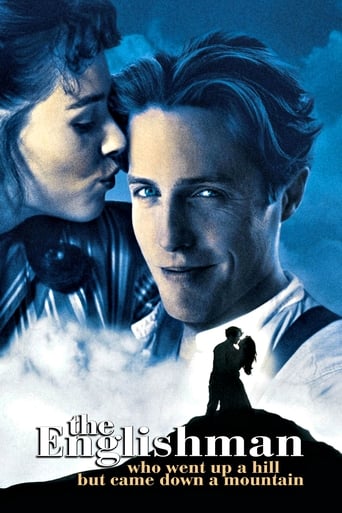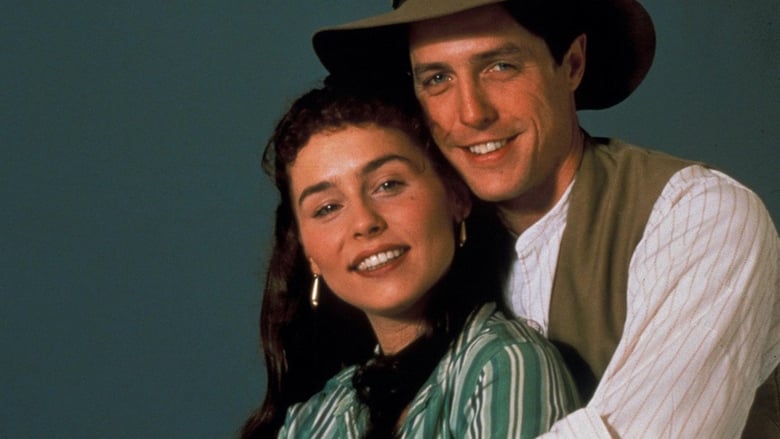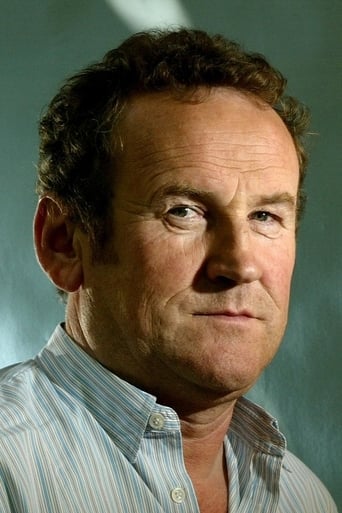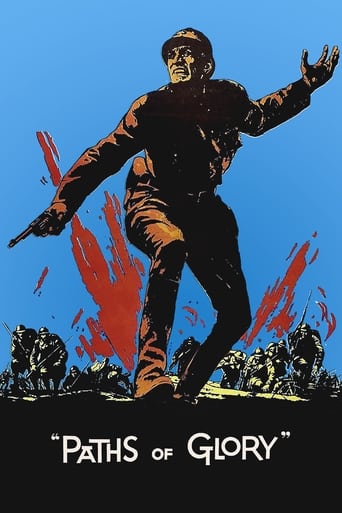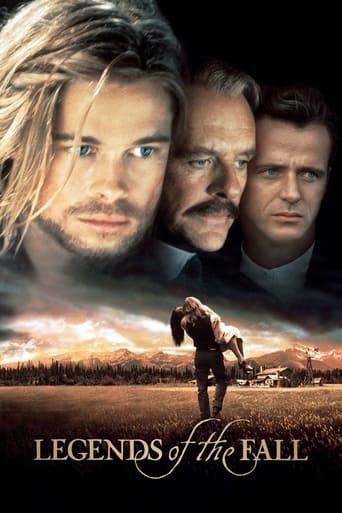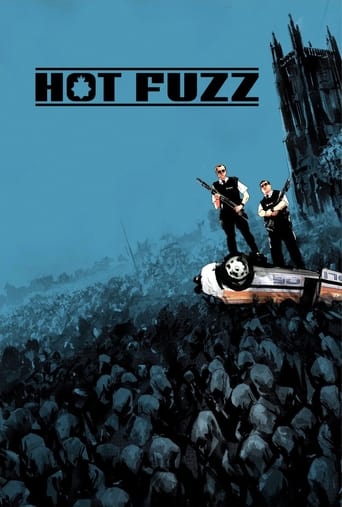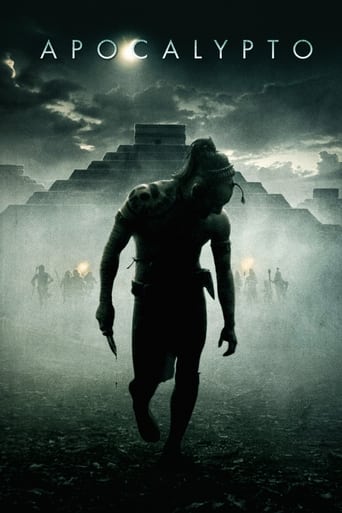The Englishman Who Went Up a Hill But Came Down a Mountain (1995)
When an English cartographer arrives in Wales to tell the residents of the Welsh village of Ffynnon Garw that their 'mountain' is only a hill, the offended community sets out to remedy the situation.
Watch Trailer
Cast


Similar titles
Reviews
By established convention in Britain, a mountain has to be at least 2000 feet high, lesser summits being referred to as hills. According to an earlier convention, however, a summit only needed to be 1000 feet high to be called a mountain; this explains the presence on Leith Hill in Surrey of a tower built by an 18th-century landowner. The hill stands 965 feet high, and the eccentric gentleman believed that if he built something on top to elevate it above the magic thousand he would also elevate its status from Leith Hill to Leith Mountain, making it the only mountain in Surrey. (And, indeed, anywhere in south-east England). "The Englishman Who Went up a Hill but Came down a Mountain" tells a rather similar story. It is set in the South Wales of 1917. Two English cartographers, George Garrad and Reginald Anson, arrive in the village of Ffynnon Garw to measure the height of the local mountain. When they discover that it is only 983 feet high, the inhabitants (who had always believed it to be a true mountain) are deeply upset by what they see as an insult to their local patriotism. Led by the Reverend Jones and Morgan the Goat, the landlord of the village inn, they come up with a scheme to delay the cartographers' departure for long enough to enable them to build an earth mound on top of the hill, adding the missing seventeen feet to its height. Nearly all the villagers go along with this idea, with the local schoolmaster being about the only dissident. Garrad- middle-aged, irascible, pompous and disdainful of the local people- is a typical authority-figure, although his shy, diffident younger colleague Anson has a much friendlier relationship with the villagers. The two ringleaders of the mound scheme are also strongly differentiated in personality. The Reverend Jones, minister of the local Nonconformist chapel, is a tub-thumping hell-and-brimstone preacher, whereas Morgan the Goat is not only a freethinker but also a heavy drinker and a womaniser. Normally the two men cordially detest one another, but now they are united in their desire to get the better of what they see as the forces of English authority. (A sub-plot deals with a romance between Anson and Betty, one of Morgan's many discarded mistresses; his nickname "the Goat" refers to his sexual prowess). The film may have been inspired by some of the Ealing Comedies such as "Whisky Galore", "The Titfield Thunderbolt" and "Passport to Pimlico", all of which dealt with the members of a tight-knit community (Scottish island, English village or working-class London neighbourhood) working together against the forces of authority. Films on a similar theme have cropped up in the British cinema ever since ("Brassed Off", set in a Yorkshire mining village, is another example from the mid-nineties). Films like these are always going to be popular, because everyone loves the idea of an underdog taking on the System. This, however, is one of the weaker films in this genre. The reason, I think, is that whereas it is ostensibly about loveably eccentric Welsh villagers doing battle with the heartless, officious English bureaucracy, it is really about loveably eccentric Welsh villagers at war with reality. Garrad might be a pompous English stuffed shirt, but even the most strident Welsh patriot would have to admit that it is not Garrad's fault, or even the fault of the English nation, that the hill of Fynnon Garw is less than a thousand feet high. The villagers might dismiss their sceptical schoolmaster as a traitor, but actually his arguments make a lot of sense. If God, or Nature, decreed that their hill should only be 983 feet high, why not just accept the fact instead of going to a lot of useless effort to pile up a heap of earth which will only get washed away in the next rainstorm? This argument becomes all the stronger when one considers that one man actually dies in the struggle to build the mound. The villagers hail him as a martyr, but then more people have been martyred in the cause of stupidity than in any other. At least the villagers in "The Titfield Thunderbolt" and "Brassed Off" were trying to do something of tangible benefit to their communities. "The Englishman Who...." was acclaimed by some, but when I first saw in in the cinema in 1995 it struck me as a rather tiresome one-joke comedy. Its one joke, the idea of doing something completely pointless in the belief that one is putting one over on the Establishment by doing so, might have been humorous in the context of a brief comedy sketch. (There is something rather Monty Python about trying to turn a hill into a mountain by piling soil on top). To turn this story into a full-length feature film is just making a mountain out of a molehill. 4/10
The Englishman Who Went Up a Hill But Came Down a Mountain is a film that reminds me of The Dish. These are two films that are charming and even modest. Qualities you don't usually find in the Hollywood mainstream nowadays. Another similarity they share is that they both feature monumental events that happen to rural, smalltown folk, and they're directed by natives to they're respective areas. In this film's case, Wales.Set in 1917, in the town of Ffynnon Garw (Welsh names are the worst!), two cartographers Reginald Anson and George Garrad (Hugh Grant and Ian McNeice) pay a visit to survey the land. Their primary interest is to measure the town's local mountain, something the townspeople take great pride in. But they're in for a rude awakening when Anson & Garrad discover they're 'mountain' is not a mountain at all. Just a really large hill.A mountain has to be at least 1000 feet. Ffynnon Garw's hill measures up to 980 feet tops. So its a big hill to be sure. But its still just a hill. The townspeople are devastated to learn this. So they set a plan in motion. Morgan the Goat (Colm Meaney), the town's local barkeep rallies the people together to build an extra mound on top of their hill, and turn it into a mountain.TEWWUAHBCDAM is a film of simple pleasures. But that's where its appeal lies. These people are so incensed by this apparent loss to their culture that they're prepared to bend the rules to restore their former glory. And who wouldn't love the film's idea of transforming a hill into a mountain by just going that little extra distance?The building of the mountain becomes a unifying force for the town and a newfound symbol of hope. Especially since these people have lost a lot of their self-esteem and drive because of WW1. But this new project brings them together and helps them to get back a lot of their faith in themselves. And director Christopher Monger puts these points across without hammering them home.Hugh Grant is not one of my favourite actors in the world. I personally think he's an annoyingly pretentious performer. The only time he's ever watchable is when he's served by an engaging storyline or a witty screenplay. And this film happens to be one of them. He basically falls into his standard, one-note style of acting throughout. In other words, bumbling, foppish and stammering. But at least the intensely likable storytelling allows his character to prevail, despite Grant's shortcomings as an actor.The supporting cast are quite a different kettle of fish. They're all wonderful, and they all have something to add.Colm Meaney's Morgan is my favourite of all the townsfolk. His character is interesting because he swings between ambiguous extremes. Someone who is on the one hand a concerned member of the community, and on the other a self-serving huckster prepared to use the town's dilemma to profit from it. Its a well written part, and well played too by the underrated Colm Meaney.This being a Hugh Grant film, there has to be a love interest for him. And Tara Fitzgerald is superb as Betty from Cardiff. She's not only here as a romantic love interest, but her role is tied into the plot too. She's there to keep Anson distracted while the townsfolk build they're mountain. She'll keep him from leaving town, and when the mountain is ready, he can re-measure it, and put things to rights.Tara Fitzgerald may be a little too modern for a Welsh lass of 1917, but I liked her spirited, twinkly eyed flirtatiousness. Her relationship with Grant is never more than amiable, but she's so appealing in the role, you really are convinced that Anson would be prepared to settle down with her. I know I would!Monger adds the occasional hindrance to increase tension. Such as a torrential downpour that could make short work of the townspeople's hard work. But that all comes with the territory. And the final scene. Where the town vicar passes away on the hill, and his buried earth is used to complete the mountain is clever and moving too.The question of whether or not they'll finish they're mountain is hardly a mystery. But did you really want anything less? Complimented by a lovely lyrical musical score, The Englishman Who Went Up a Hill But Came Down a Mountain is a gently amusing unappreciated treat, and one of the few gracious films to be seen on TV nowadays.
What's the difference between a hill and a mountain? And more importantly, does it matter? Well, it did to the residents of a small Welsh village in 1917 when two English cartographers arrived to tell them that their 'mountain' did not in fact quite make the grade. The devastated locals hatch a plan to put the science right, and therein lies the plot of this very original and charming film.Its plot veers between the insignificant and the faintly ludicrous, but by the time you have realised this you are already enjoying yourself too much to care. Why? It's a delightful and clever combination of whimsical nostalgia and top-rate performances from some truly fine character actors who are clearly having a whale of a time.Most of these performances come as no surprise: Hugh Grant plays his archetypal Hugh Grant character of course - but what critics forget is that he does it very well. Ian McNeice is typically impressive as his pompous but rather stupid superior, as is Ian Hart as the troubled young boy just back from the trenches, and Colm Meaney keeps the standard high as the sly local barman. But for me the show is stolen by Kenneth Griffith as the passionate, ever-trembling, Reverend Jones (watch him in the scene when he scolds Morgan the Goat for selling alcohol at the hill - a tremendously funny and moving characterisation).For me, the film goes off the boil a little when it gets a bogged down in Grant's inevitable fling with local temptress Tara Fitzgerald. But thankfully this doesn't clog the pace of the film too much, and we move to the denouement.It's only after the film has finished that you realise there was much more to it than met the eye. The atmospheric portrayal of early 20th century Wales owes much to meticulous direction and a wonderfully vibrant score. Critics might find some of the locals a bit yokelish, but that would be harsh, I think. This is an affectionate and subtle period piece, with something to say about the human spirit. But even more than that, it's an enjoyable, well-acted, funny and ultimately uplifting film.
Despite the fact that it's about almost nothing relevant to the average movie-goer, THE ENGLISHMAN WHO WENT UP A HILL BUT CAME DOWN A MOUNTAIN manages to be a charming diversion but ultimately, it's as innocuous as its title.Drawbacks aside, it does offer some hauntingly beautiful color cinematography of Welsh landscapes, day and night, blazing with beauty, some quaint village shots of pubs and lodgings that look invitingly cosy, and some sketchy characterizations that do little more than pad out a rather tedious little tale.HUGH GRANT does another one of his befuddled, amused, eyebrow lifting characterizations, complete with stutter and smile and pause between words, a role he seemed destined to repeat again and again. But he fits the role and the story--which takes place in 1917 Wales.The jaunty musical score compensates for some slow moments but all the actors do a competent job of keeping things on a realistic level. There are no big names in the cast aside from Grant, but they all make their mark while he gets most of the footage for a rather awkward romance with a local girl who spends the night on the mountain with him.Summing up: Not much in the way of a plot, but it manages to be appealing and extremely well photographed.

